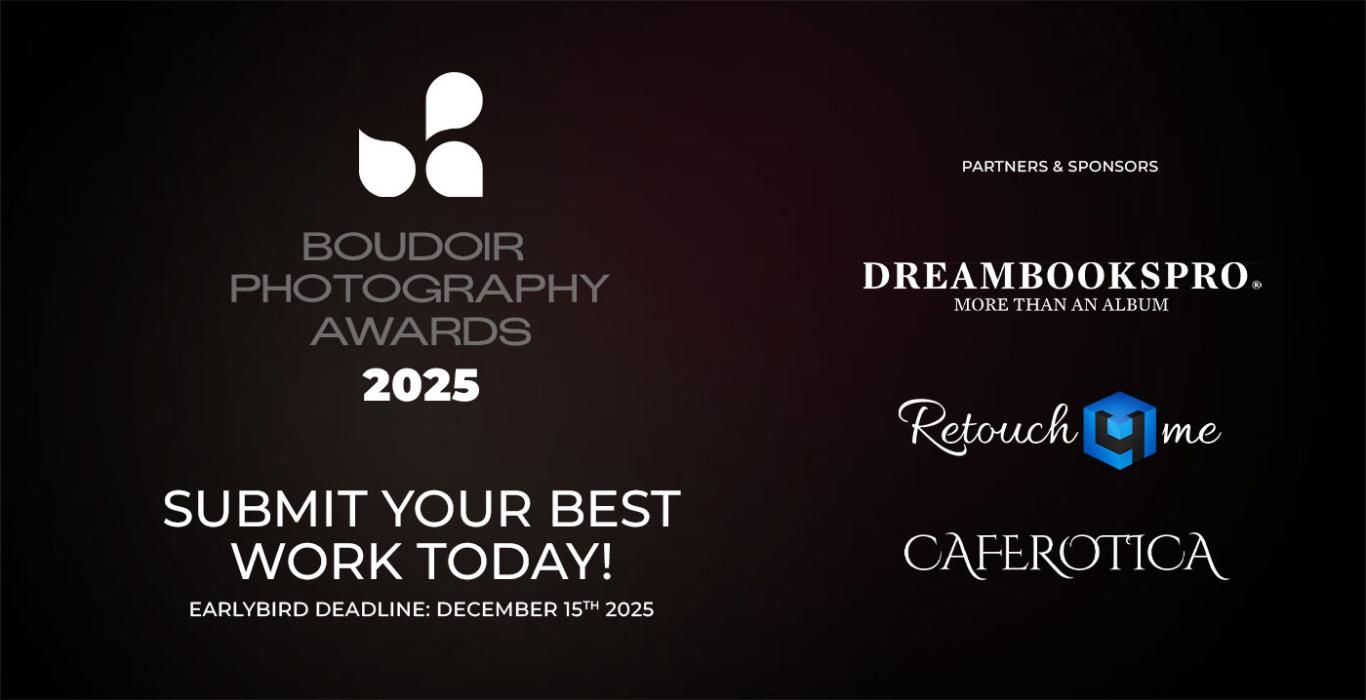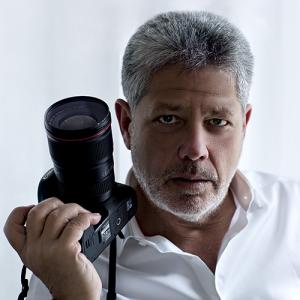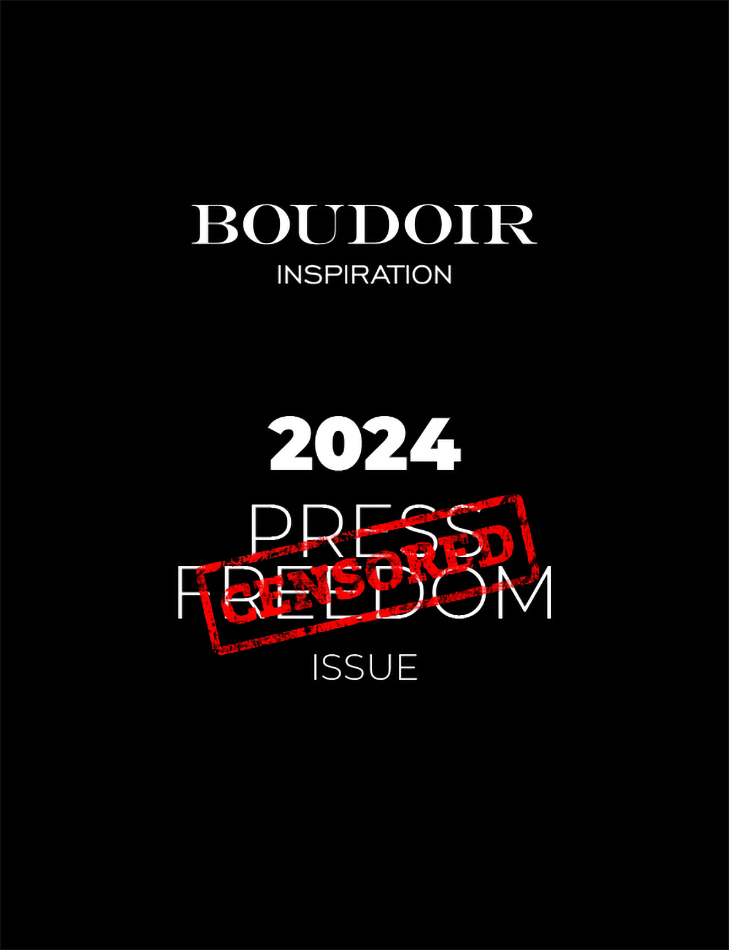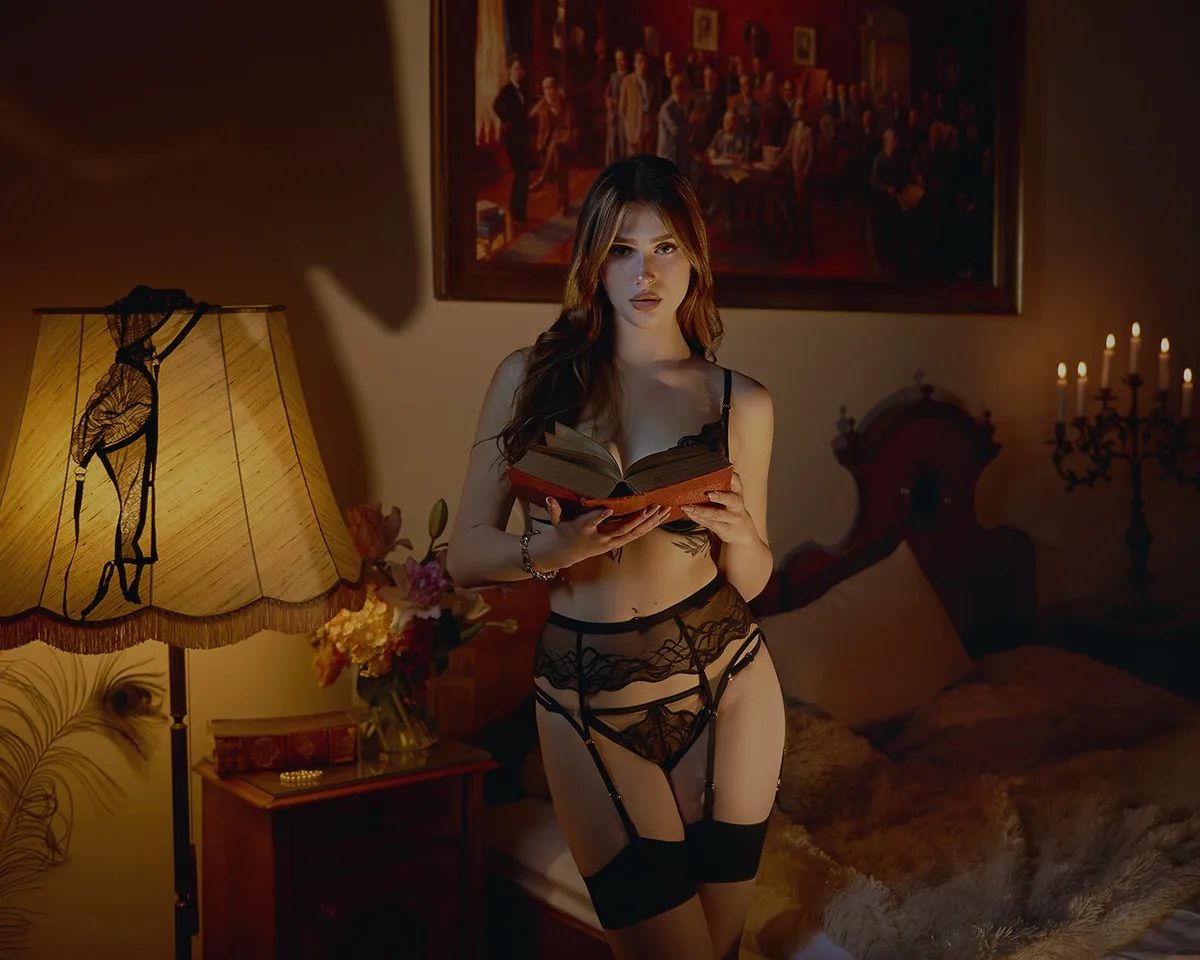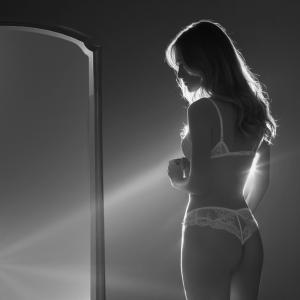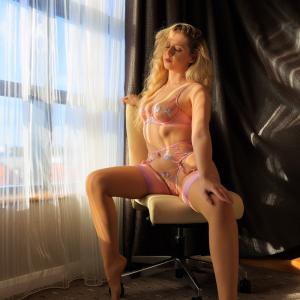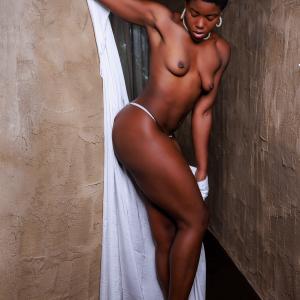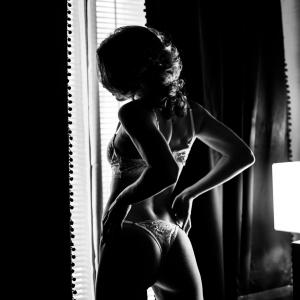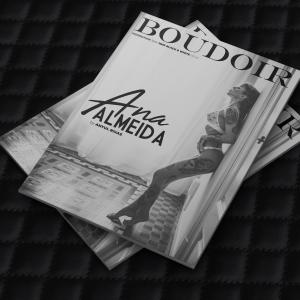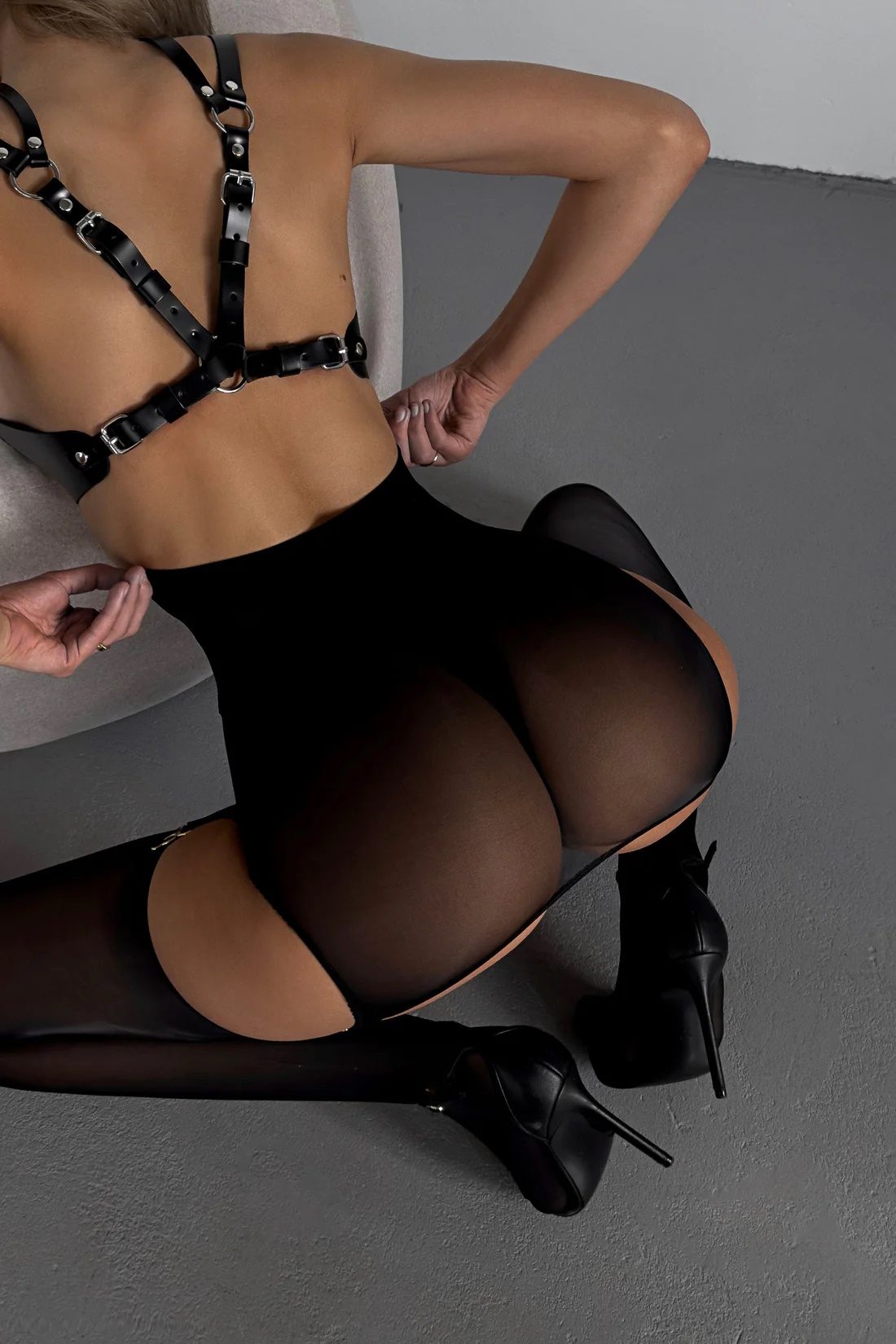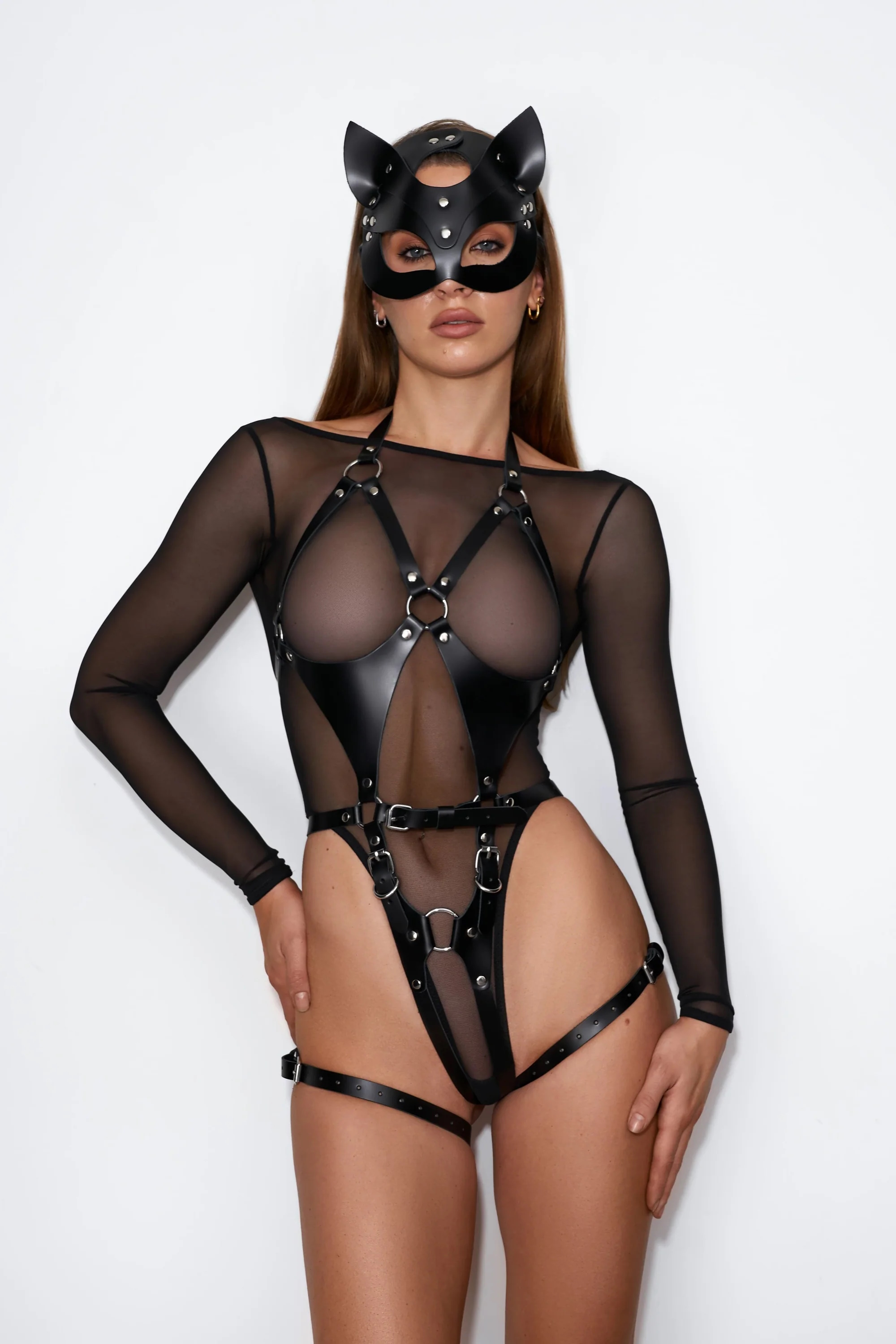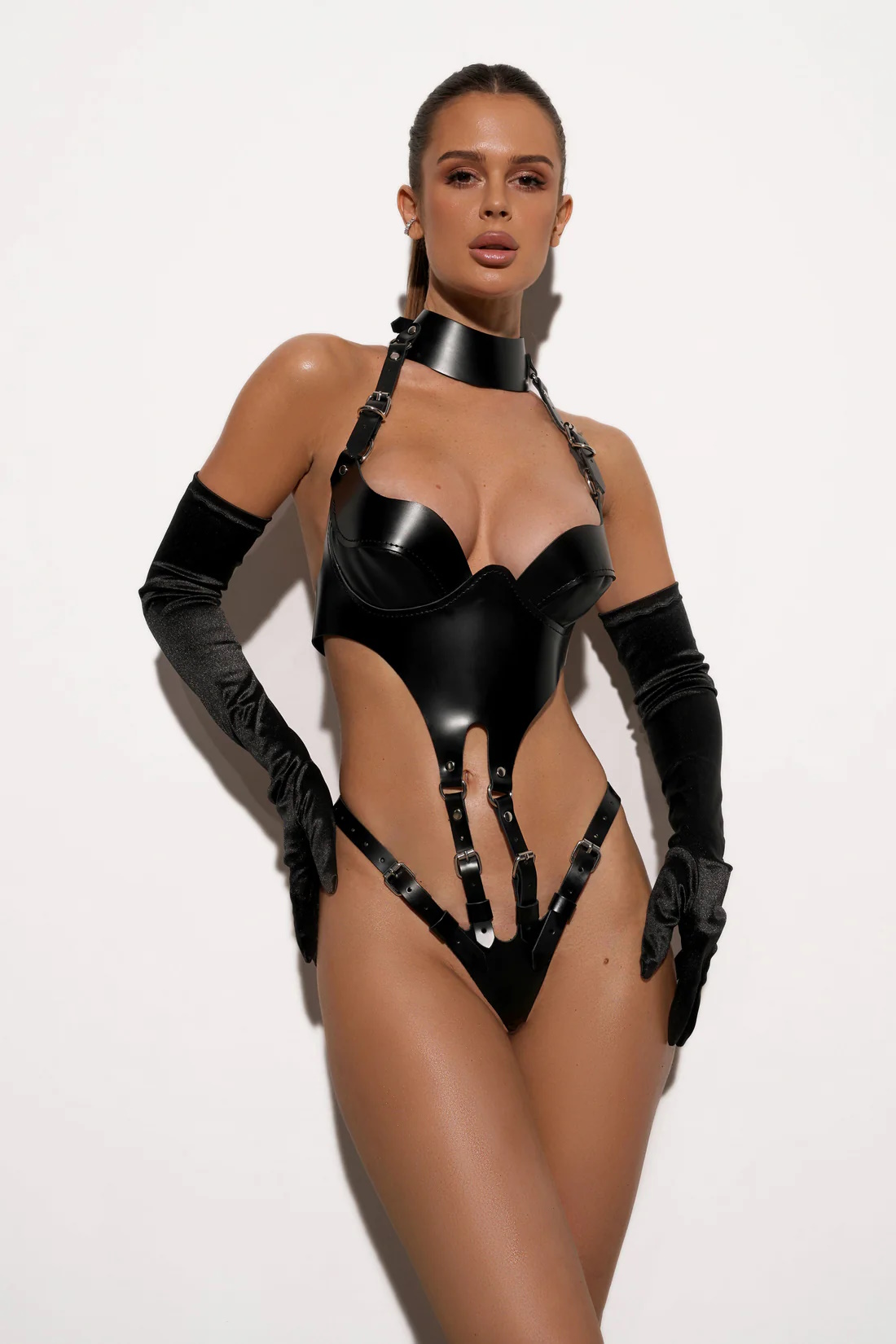Censorship is a form of social control that limits freedom of expression, based on the principle that certain information (words and images) and the consequences they generate on the population can undermine the stability of the prevailing social, political, and moral order.
The application of censorship implies an authoritarian and arbitrary control over the free creation and dissemination of information, opinions, ideas, and expressions (of any kind).
Censorship has ancient origins and was exercised first sporadically and then in an increasingly structured and targeted manner, leading various Greek philosophers to formulate the first rational defenses of freedom of expression as a distinctive feature of human dignity.
The most authoritarian and less democratic political, military, and religious organizations then developed censorship, making it a more rigorous and structured weapon to defend, consolidate, and spread their principles.
Obviously, the heavier and more arbitrary the mechanisms of censorship, the greater the reaction of oppressed peoples in defense of freedom (English Civil War, French Revolution, Russian Revolution, etc.). With the spread of “popular sovereignty” and the “sexual revolution” of the seventies, there began to be more official protection of freedom of the press and expression, but there remained a need to safeguard public morality and national security.

The advent of the internet and the creation of social media has further complicated and made almost impossible immediate control and the “spot” dissemination of writings and images, unless drastic actions such as network blackout are taken. In this context, social platforms have autonomously and arbitrarily organized themselves (within the sphere of their commercial rights) to protect “subjective sensitivity,” to define “community guidelines,” and to create control systems, mainly based on automatic algorithms and user reports, which have highlighted enormous gaps and inconsistencies in evaluation.
In the world of photography, the advent of social media (and digital technology) has been an epochal revolution that has allowed for immediate and widespread dissemination of images, providing enormous spaces (though evanescent) even for shots that often have nothing to do with photography.
For this reason, especially in the glamour, boudoir, and nude photography sectors, efforts should be made to clarify the boundaries that separate artistic photography from mass-produced photography, which often results in products of questionable quality, up to pornography.
But it is precisely this form of “verification” (extremely difficult to apply) that ultimately becomes a form of censorship; a complex and perhaps unsolvable issue for which many professionals have already abandoned social platforms in favor of “niche” systems that are less open and less censored.
The only hope remains the evolution of general sensitivity regarding the consideration of the human body as a form of art and everyone’s ability and willingness to represent it in the most elegant ways.
We photographers need to start doing what we can!


Join for Free!
Be a member to unlock many more exclusive content & special perks!
Become a member of Boudoir Inspiration and immerse yourself with our exclusive, sensitive content that goes beyond the ordinary.
Members also enjoy free digital copies of select issues, and if you’re featured in our magazine, you can see your publications right in your personal member dashboard.
Best of all, membership is completely free!
Join Now!Get the Print Issue
This project is published in the following issue:

